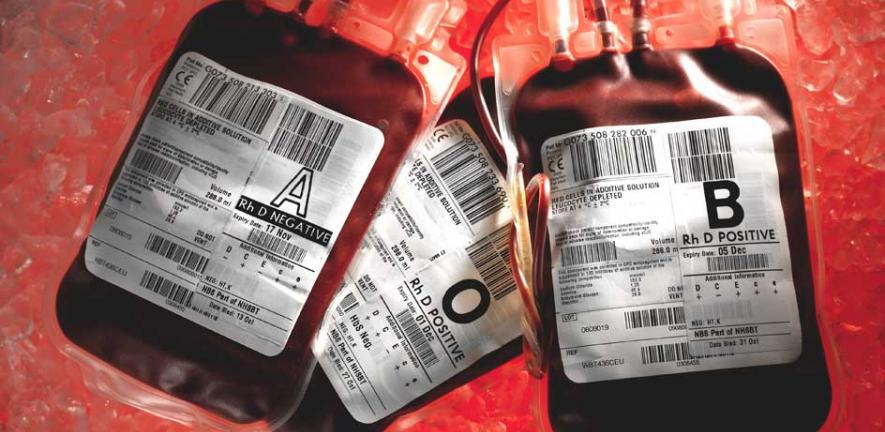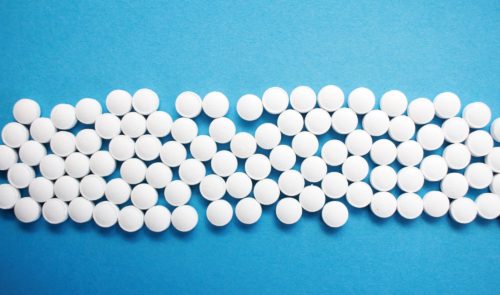
Blood transfusions save millions of lives every year around the world. But the evidence-base for the safety and efficiency of blood donation and transfusion has remained weak and underdeveloped, risking harm and waste.
University of Cambridge collaborative research has addressed this challenge through innovative studies identifying how frequently blood can safely be given, how to ensure people do not proceed to give blood when their iron stores are too low, how to improve organisation of blood donation services, and how to avoid adverse events associated with transfusion.
Findings have changed policies and practices in the UK, USA, Canada and Netherlands, contributing to improvements in blood supply, prevention of anaemia and efficiency of blood services.
The research has also enabled more personalised matching of donated blood with recipients’ immune profiles to find more and better matches and reduce serious reactions. For example, according to the Dutch Blood service, the Cambridge-devised technology was used to provide life-saving transfusion to a 24-year old Dutch patient with a serious condition who required blood with a rare profile possessed by only 1 in 400 donors. By using genotyping results generated by the platform, five compatible active donors were identified.
By decreasing harms and risks, and by improving services, this research has delivered benefits for donors, patients, blood services and health systems on a large scale.


